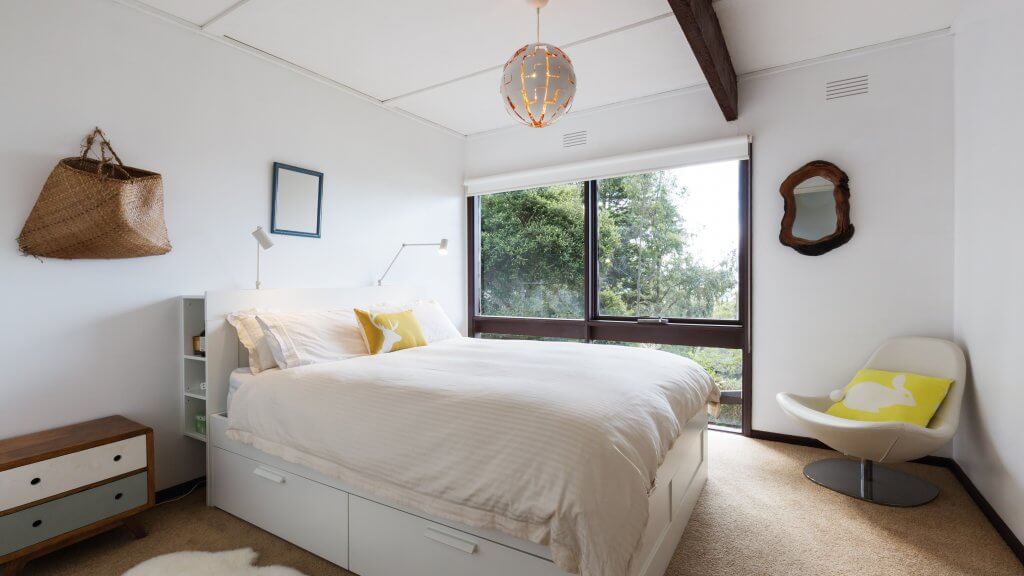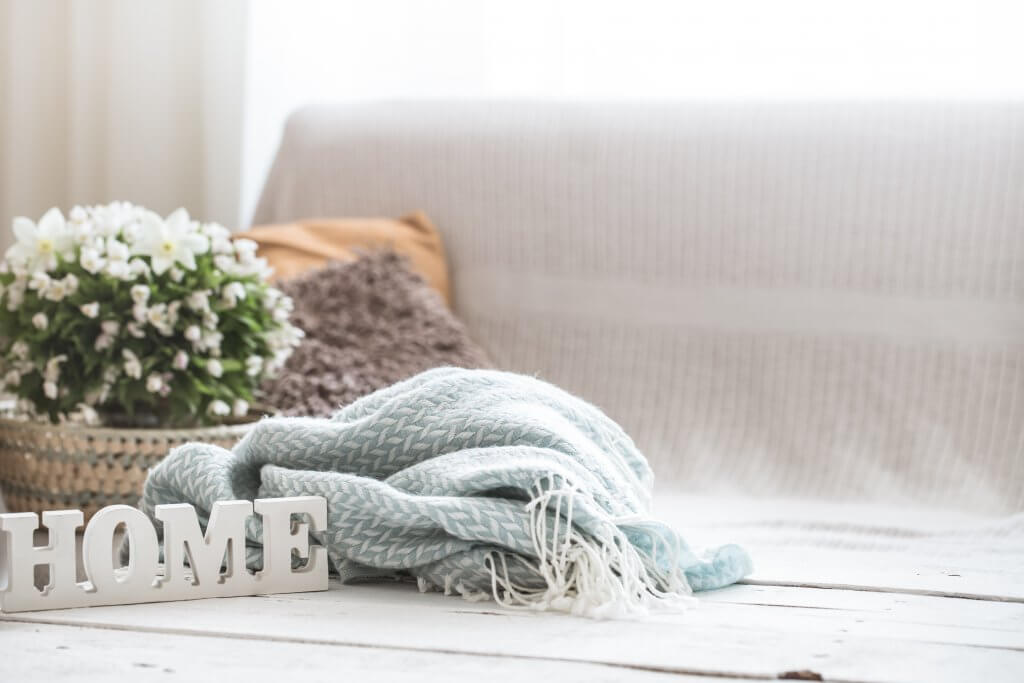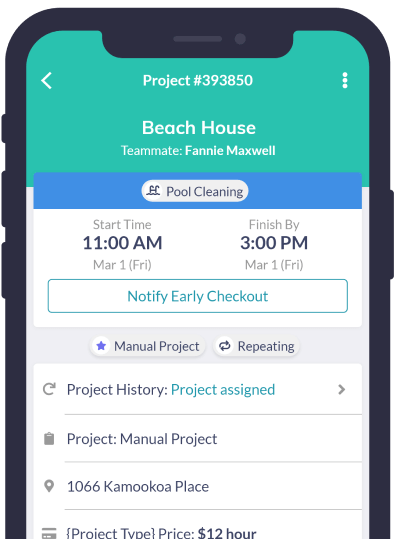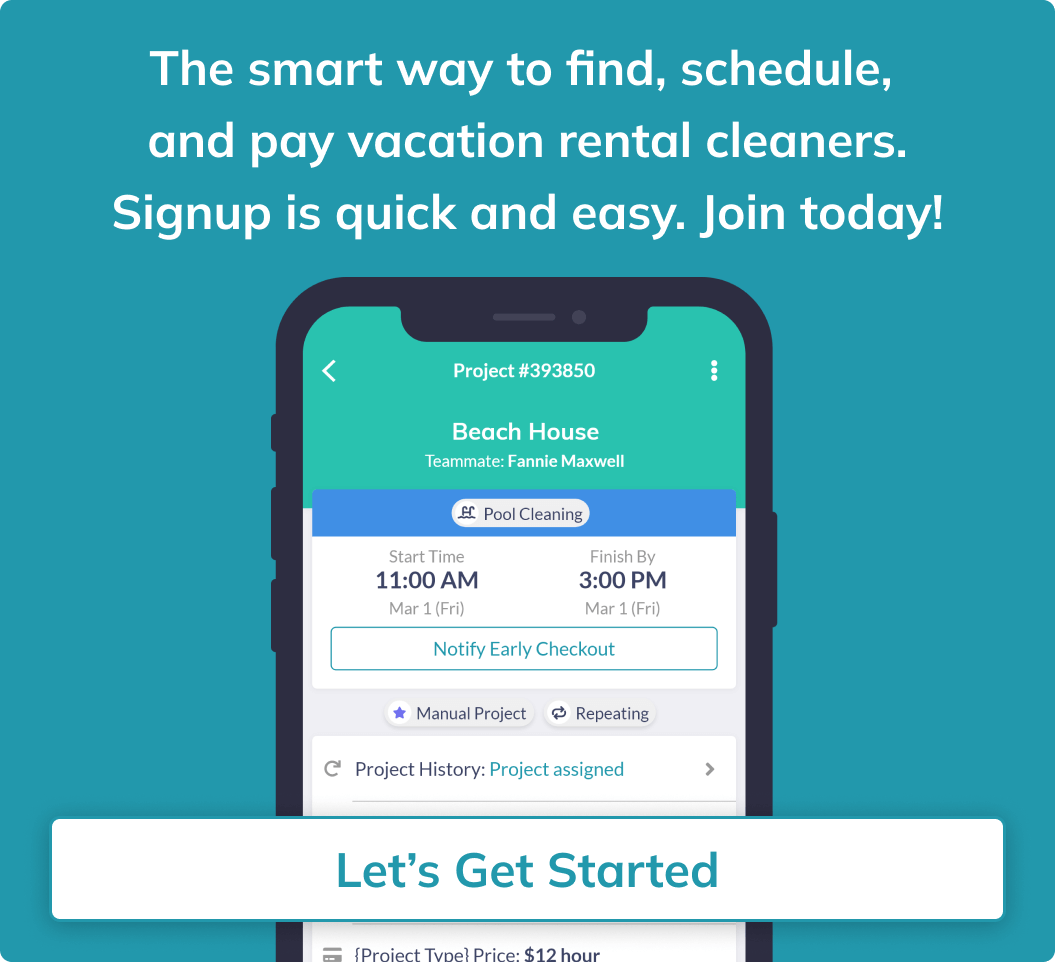Balancing Security and Guest Experience
The guest experience plays a big factor in either making your hosting experience successful and enjoyable or simply disappointing.
There’s the possibility that you might damage the guest experience by implementing too many security measures that are strict, invasive, slow, or not implemented properly. But without the right security, you’re leaving yourself vulnerable as a host. So, what is the right balance?
There’s a fine line between balancing security and guest experience. As an Airbnb host, you need to strike the right balance so that you’re protected with comprehensive security measures and there’s no negative impact on guests’ experiences.

3 Simple Ways to Balance Guest Screening and Experience
With the right strategy and tools, you can adapt or develop a booking journey that ensures a great experience but also keeps your asset(s) safe. Here are three simple steps on how you can do it:
1. Put the Guest First and Prioritize Their Risk Profile
It’s not rocket science. The guest is your customer, and if they have a bad experience, they may cancel their booking and even consider not booking with you ever again. Word travels fast, and Airbnb reviews travel even faster, so one bad experience can put a mark on you as a host to other potential guests.
Every guest comes with a different risk profile, so don’t treat them all the same. Decide what level of risk you are comfortable with and implement the right tools to help you deal with that level.
To do so, ask yourself the following questions:
- What kind of behaviors and acts will you not tolerate?
- What do you expect of guests?
- What do you consider mandatory for all guests?
Once you have sorted your risk tolerance levels, tailor your security measures to that level. The best way to do this is to introduce a dynamic screening process to your guest booking journey. A dynamic screening process means that different guests do different types of verifications depending on their risk profile.
As an example, if a single Airbnb user was looking to book a four-bedroom house for a one-night stay, and you know that there is a festival happening nearby, this is an instant red flag. If you were unsure and wanted to go ahead with the booking to not miss out on the revenue, you could ask that guest to verify their ID, validate their credit card, and pay a security deposit.
But if a family sent a booking request for the same house for a week or longer, you might enforce fewer steps in your guest screening process, because the overall risk is lower.
The key takeaway from this is to think: Does the reward outweigh the risk?
2. Inform Guests About Security Measures Right From the Start
The key to providing a good guest experience when it comes to processes like screening and other security measures is to set expectations early.
If possible, on the Airbnb profile for your listing, outline your guest screening processes, any Airbnb security cameras, and the house rules that you require all guests to follow.
To protect yourself further, reiterate this in any rental agreement that you have the guest sign, showing that they legally acknowledge the information you have provided.
By clearly communicating your security measures, you’re weeding out bad guests, as they will be deterred from booking. Your good guests won’t bat an eyelid when it comes to completing these measures if they have been made aware of your expectations. In other words, keeping guests in the know helps create a good guest experience.
3. Transparency About Personal Data Is Key
Even though we live in an increasingly digital world, people are still very wary about providing their sensitive information online. Unfortunately, the vacation rental industry is also plagued by crimes such as fraud and identity theft, so how you handle a guest’s private information is crucial.
To show that your processes are legitimate and secure, build trust with guests through transparency. Let guests know what personal information you collect during the screening process and what happens to that information, making it abundantly clear that your process is compliant with all privacy and data protection laws.

Does Airbnb Do Background Checks?
Every time a booking happens, hosts place their faith in Airbnb, trusting that the platform will adequately screen their guests. However, the harsh reality — which a lot of hosts have found out the hard way — is that Airbnb’s processes are not as thorough as they would like.
Airbnb may perform an identity check, however, ID verification is not a mandatory part of the sign-up process for guests. In the same vein, Airbnb does offer background checks, but these are not available globally and are dependent on a lot of external factors.
According to Airbnb, they use a guest’s first and last name along with their date of birth to run a background check. The company also uses public state and county criminal records databases, as well as state and national sex offender registrations, for their investigations, but these are limited to the U.S. and India only. Airbnb checks all users of their platform on the Office of Foreign Assets Control (OFAC) list for terrorist designations as well.
This means that very little is done when it comes to screening guests who are booking from outside the U.S. Airbnb states: “We may, to the extent permitted by applicable laws and to the extent available, obtain the local version of background or registered sex offender checks.”
When Airbnb’s background check finds that a user has severe criminal convictions, they suspend that user’s account for further investigations or wholly remove them from the platform.
Why You Can’t and Shouldn’t Rely Solely on Airbnb’s Background Checks
Hosts are ultimately responsible for who they allow into their homes, and, therefore, need assurances that their guests behave appropriately and are exactly who they claim to be.
Airbnb clearly states that their background checks should not be completely relied upon when it comes to accepting guests. As they rightly mention, a background check does not ensure the guest in question won’t commit a crime during their stay. Because Airbnb doesn’t continually check its guests, the validity of the background check can be called into question.
Here are the limitations of Airbnb’s background checks as stated by Airbnb:
- Scope of search: Confined to just the U.S. and India
- Guests of guests: Only the lead guest is checked
- User information accuracy: Checks only work when people give Airbnb their correct full legal name and date of birth; if the ID is stolen, Airbnb has no way of knowing if the guest provides the details on the stolen ID as their own
- Infrequent checks: Airbnb may only conduct the check once and this may be months before their booking with you
- Inconsistent reporting: Due to variations in local U.S. laws and reporting systems, criminal record information that’s searched and reported in each type of check can vary by state and county
- Incomplete search results: The databases they check may be incomplete
For these reasons, hosts need to look to specialized independent screening providers to make sure that every guest they host is vetted and screened fairly and comprehensively.
Make Your Hosting Experience Safe
Owning a vacation rental business can come with its own safety precautions. Hosts are consistently around strangers that are coming and going from their property. It is important that hosts feel comfortable and safe around all new and returning guests. This is why guest screening is so important to a host’s experience owning a short-term rental.
Airbnb’s guest screening is a reliable tool to count on for an initial test of who your customers are, but it’s recommended to do guest screenings on each person staying at the listed property. This will ensure that the host is aware of every guest entering and leaving.








